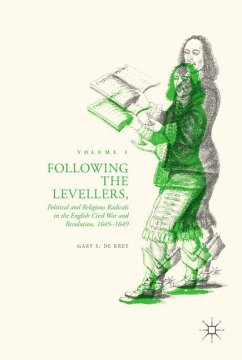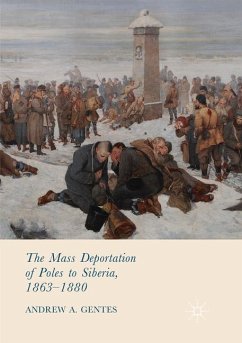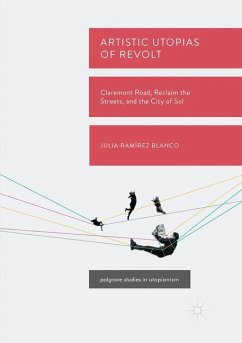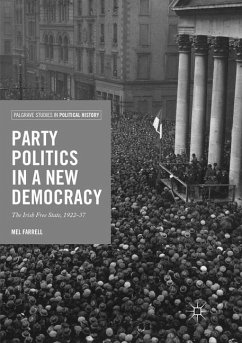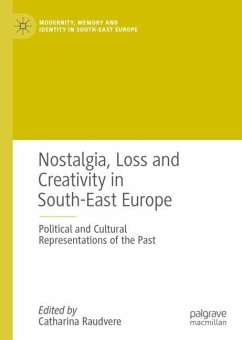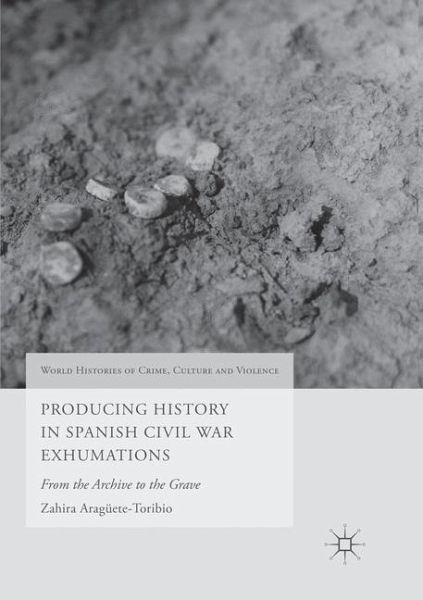
Producing History in Spanish Civil War Exhumations
From the Archive to the Grave
Versandkostenfrei!
Versandfertig in 6-10 Tagen
68,99 €
inkl. MwSt.
Weitere Ausgaben:

PAYBACK Punkte
34 °P sammeln!
This book reflects on the new histories emerging from the exhumation of mass graves that contain the corpses of the Republicans killed in extrajudicial executions during and after the conflict, nearly eighty years after the end of the Spanish Civil War (1936-1939). In the search for, location and unearthing of these unmarked burials, the corpse, the document and the oral testimony have become key traces through which to demand the recognition of past Francoist crimes, which were never atoned, from a lukewarm Spanish state and judiciary. These have become objects of evidence against the politic...
This book reflects on the new histories emerging from the exhumation of mass graves that contain the corpses of the Republicans killed in extrajudicial executions during and after the conflict, nearly eighty years after the end of the Spanish Civil War (1936-1939). In the search for, location and unearthing of these unmarked burials, the corpse, the document and the oral testimony have become key traces through which to demand the recognition of past Francoist crimes, which were never atoned, from a lukewarm Spanish state and judiciary. These have become objects of evidence against the politics of silence entertained by national institutions since the transition to democracy. Working alongside archaeologists, historians, memory activists and families, this book explores how new versions of the history of the killings are constructed at the cross-roads between science, history and family experience. It does so considering the workings of truth-seeking in the absence of criminal justiceand the effects of the process on Spanish collective memory and identity.





